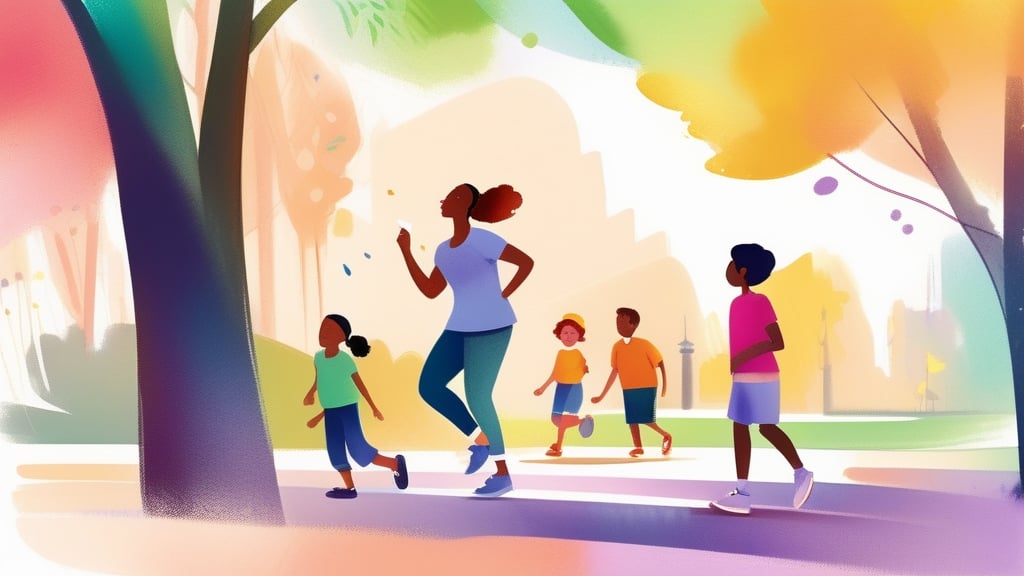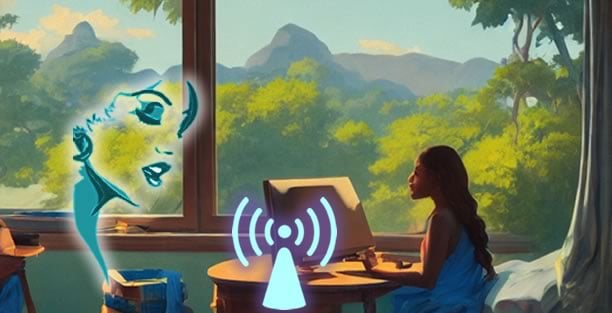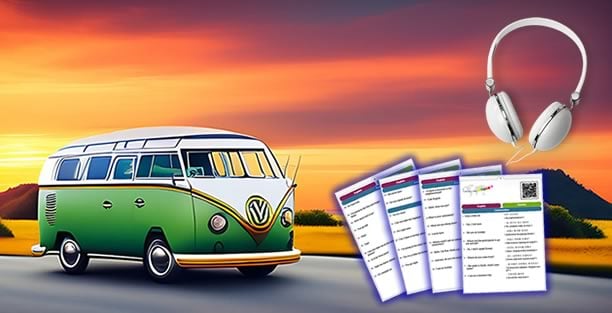Learn Arabic (Moroccan)
| English | Arabic (Moroccan) | |||
|---|---|---|---|---|
| Hello | السلام | |||
| Good evening | مسا لخير | |||
| Goodbye | بسلامة | |||
| See you later | من بعد | |||
| Yes | ايه | |||
| Yes | نعام | |||
| No | لا | |||
| Excuse me! | عافاك | |||
| Thanks | شكرا | |||
| Thanks a lot | شكرا بزاف | |||
| Thank you for your help | شكرا على المساعدة | |||
| You’re welcome | بلا جميل | |||
| Okay | واخا | |||
| How much is it? | بشحال هدا عافاك؟ | |||
| Sorry! | سمح ليا | |||
| I don't understand | ما فهمتش | |||
| I get it | فهمت | |||
| I don't know | معرفتش | |||
| Forbidden | ممنوع | |||
| Excuse me, where are the toilets? | فين كاين لمرحاض من عافاك ؟ | |||
| Happy New Year! | سنة سعيدة | |||
| Happy Birthday! | عيد ميلاد سعيد | |||
| Happy Holidays! | مبروك لعواشر | |||
| Congratulations! | مبروك |
Objectives Do you want to learn the basics of Moroccan Arabic, known locally as Darija, in order to communicate in simple and common everyday situations in Morocco? Loecsen offers a structured Moroccan Arabic (Darija) course for beginners, designed to reach the skills expected at the CEFR A1 level. Vocabulary and sentences are selected to represent concrete everyday situations, taking into account real spoken usage and a clear learning progression. Learning is based on complete sentences, grammar explained through usage, focused work on pronunciation, and modern tools to support memorization. With 5 to 15 minutes of practice per day, you can reach your first A1 language goal and gain practical autonomy from your very first exchanges in Moroccan Arabic.
How to Learn Moroccan Arabic by Yourself? Start with an Easy and Free Online Course!
We have adopted an objective and efficient approach to learn how to speak a language easily and quickly.
We suggest you start by memorizing words, phrases, and practical expressions that you can use in everyday life and that will be useful when traveling.
Getting used to pronouncing words out loud, such as numbers, is an easy exercise you can often practice and at any time throughout the day.
This practice will help you get accustomed to the sounds of your chosen language, making it more familiar.
Once your holidays have begun, whether in Rabat, Marrakech, Casablanca, or elsewhere in Morocco, you will be surprised at how familiar and easy to understand it will seem. Furthermore, using a pocket dictionary is always useful, particularly during a trip. It allows you to find the translation of new words and enrich your vocabulary.
Why Speak Moroccan Arabic While Traveling?
Knowing Moroccan Arabic is an asset for all lovers of Moroccan culture, allowing you to make the most of your stay in Morocco. The diversity of landscapes that extend from desert areas to mountain ranges, alongside the Mediterranean Sea and the Atlantic Ocean, a dazzling culture, and unique gastronomy: these are assets that guarantee this country's position as a first-class tourist destination in Africa.
If your interests are more business-oriented, Morocco is one of the leading economic powers in Africa.
Make a Success of Your Stay in Morocco
Whether you are going to spend a few days with friends on a leisure trip or if you are on a business trip, nothing will be more useful than being able to slip in a few words in the language of your interlocutors. They will appreciate your effort and be more willing to help.
How to Succeed in Having Good Pronunciation Within a Week to a Month?
Start by learning the alphabet well. Arabic is one of the most widely spoken languages in the world, with many millions of speakers, especially in the Middle East and North Africa.
Known as Darija in Morocco, the Moroccan Arabic dialect encompasses other varieties of the language spoken in the country and is used as the lingua franca between Arabic-speaking and Berber-speaking people.
Understanding Moroccan Arabic (Darija)
Darija is characterized by the use of the Latin alphabet and numbers on the Internet and SMS, and by the substitution of some letters of standard Arabic. Here are some examples:
The ث (th) is replaced by ت (t).
The ظ (dh) is replaced by ض (d).
Pronunciation Guidelines for Moroccan Arabic
The pronunciation of standard Arabic is based on simple vowels or diphthongs and emphatic consonants (velar consonants that influence the timbre of surrounding vowels). Note that the writing of certain letters changes according to their position within a word. Here are some pronunciation guidelines for Moroccan Arabic:
- The خ (kh) is pronounced like the Spanish JOTA or the German CH.
- The ح (h) is aspirated as in the Arabic name Hasan.
- The ھ (h) is pronounced with a slight exhalation, like the English H in HOME.
- The ر (r) is pronounced like a rolled R.
Tips for Learning Moroccan Arabic
1. Start with the Basics
Begin by learning the Moroccan Arabic alphabet and basic pronunciation rules. This foundation will help you read and speak Moroccan Arabic more accurately.
2. Build Your Vocabulary
Focus on everyday words and phrases that you are likely to use. Flashcards and language apps can be very helpful in expanding your vocabulary.
3. Practice Speaking
Speak Moroccan Arabic as much as possible. Practice with native speakers or fellow learners. Use language exchange platforms to find conversation partners.
4. Immerse Yourself
Immerse yourself in the language through Moroccan media. Watch Moroccan movies, listen to Moroccan music, and follow Moroccan news. This will help improve your listening skills and familiarize you with the cultural context.
5. Use Official Online Resources
There are many excellent official online resources to help you learn Moroccan Arabic:
- Morocco World News: Provides news and cultural programs in Moroccan Arabic and other languages.
- Kingdom of Morocco - Official Website: Offers resources for learning about Moroccan culture and language.
- High Commission for Planning: Provides information and resources about Morocco.
6. Take a Language Course
Consider enrolling in a language course with a qualified teacher. Personalized instruction can accelerate your learning and help you master difficult concepts.
7. Stay Consistent
Consistency is key. Practice Moroccan Arabic daily, even if only for a few minutes. Regular exposure and practice will lead to steady progress.
By following these steps and utilizing the available resources, you can start speaking and understanding Moroccan Arabic in no time. Happy learning!






.png)